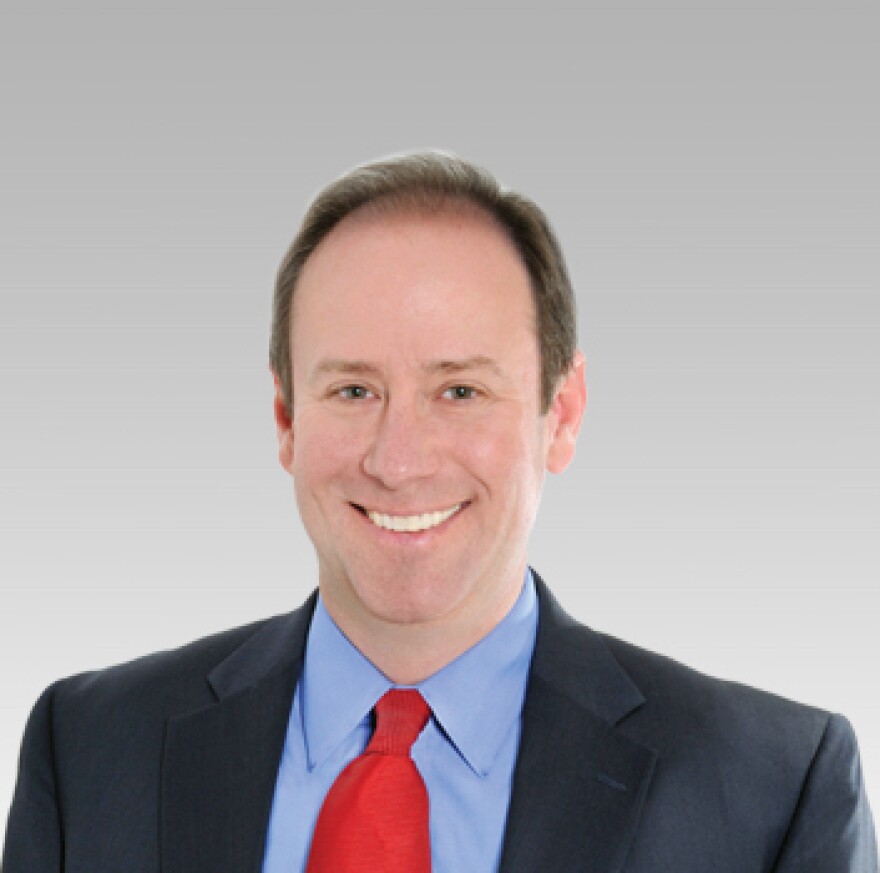On the morning of July 14, longtime Walton County, Florida resident Daniel Uhlfelder decided to go to the beach.
Instead of rest and relaxation, he found himself in the middle of a confusing debate about public versus private property.
In a video posted to YouTube, you see Uhlfelder holding his beach chair and umbrella as he talks to a security guard at Vizcaya Beach who warns him of trespassing on the private beach.
“Can you draw a line for me where trespassing is?” Uhlfelder asked the security guard. “I want to know where to put my stuff.”
The guard, who is employed by Vizcaya Homeowners Association, couldn’t give him a clear answer.
Uhlfelder returned to the same spot at Vizcaya Beach the next morning. This time, he was met with Walton County Sheriff’s deputies who politely warned about trespassing. They explained that the wet sand was fair game, but Uhlfelder pointed out that the tide moves, causing the wet sands to move as well.
Nobody was arrested for trespassing but the video went viral, gaining more than 100,000 views on YouTube alone and well over 1 million views across social media platforms. For many, the video illustrated why it’s important to re-establish public beach access.
On July 1, HB 631 went into effect essentially voiding the county’s customary use ordinance, which allowed access at both public beach access points and in front of beachfront homes.

“I’ve lived in Walton County for 17 years,” said Uhlfelder at his law office recently. “Our family has owned property here since 1992. I’ve never been threatened for sitting in the wrong place (at the beach). That’s just un-American.”
Uhlfelder said he believes in property rights, but has concerns with the privatization of beaches and says it could hurt not only Walton County but the entire state. As a response to the proverbial line in the sand, Uhlfelder helped establish Florida Beaches for All, a concerned citizens group motivated to preserve public beaches.
“People come to Florida to go to the beach or Disney World,” he said. “If we don’t stop what’s happening, people are not going to come here. Our economy is based on people using the beach. They’ve been using the beach for years. You can’t just change that.”
Since the group formed two weeks ago, they’ve been busy collecting affidavits from locals to prove previous customary use on Walton County beaches. The forms are available on the organization’s website as well as offices, restaurants and shops along the south end of the county. Uhlfelder has them at his law office where people can get them notarized on the spot. The affidavits will be presented at a public hearing for customary use on September 8.
Florida Beaches for All Chairwoman Tonia Shatzel is a Walton County resident with “saltwater in my veins,” she said. To her, the beaches of Walton County are worth fighting for.
“Our beaches are beautiful and pristine,” she said. “The whole mine versus yours mentality just feels wrong.”

Sam Douangdara, owner of the art gallery Elmore’s Landing in Santa Rosa Beach, said she was more than happy to keep affidavits available at her space.
“I recently had my whole family come to visit from Utah to celebrate my dad’s 90th birthday,” she said. “I had 40 people who all came to visit from Utah. Imagine not being able to take them to the beach?”
In the past few weeks, Florida Beaches for All has been able to collect around 3,000 affidavits. Uhlfelder said he is encouraged by the support.
“I think it shows we’re on the right side of the debate,” he said.



